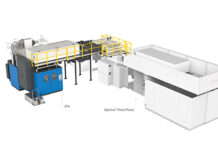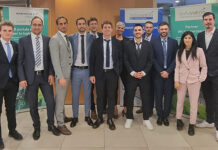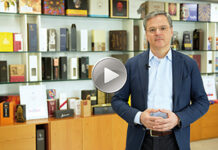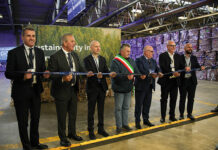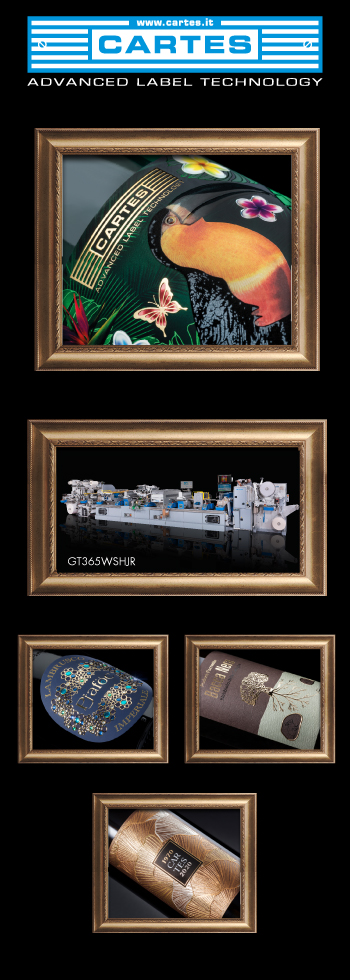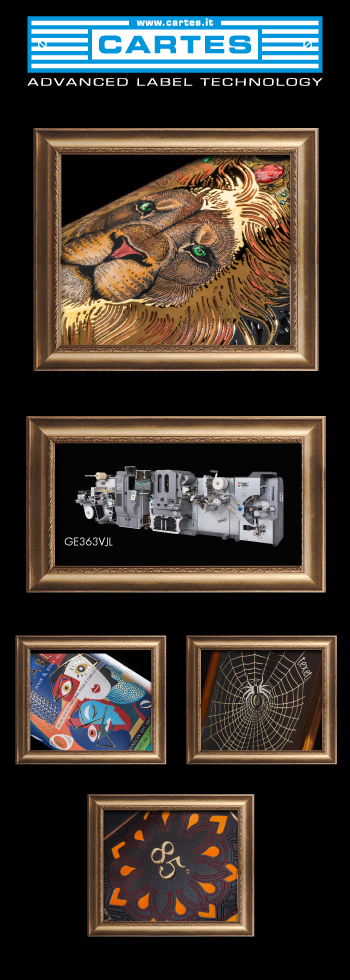BOBST and HENKEL are combining their passion and expertise for a more sustainable future
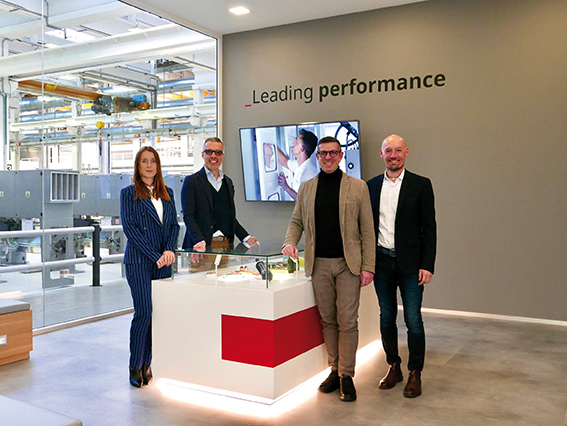
Climate change is the defining issue of our time. The global response that is underway is urgent. It is also very unifying – we are seeing more partnerships, more corporate collaborations than ever before, as governments, companies and others seek to break down sustainability barriers and drive systemic change. As with the COVID pandemic, having such a large, shared goal is focusing minds and enabling partnerships that bring progress.

Nowhere is this more apparent than in the packaging industry, which has seen cross-sector collaborations make significant progress in recent years, for example in pioneering sustainable alternatives to non-recyclable packaging.
Now, BOBST and Henkel, two powerhouses of the packaging world, are coming together to share their expertise and understand how their partnership could bring further progress. Their expertise is complementary; BOBST is one of the world’s leading suppliers of packaging processing, printing and converting equipment and Henkel is the leading solution provider for adhesives, sealants and functional coatings worldwide.
For both companies, sustainability is more than a word – it is a core purpose, integral to everything they do.
“We may be a big organization, but we are an organization made up of people who really care about this topic,” says Nanni Bertorelli, BOBST Product Line Director Coating & Laminating. “As an industry leader, we know we have a responsibility to innovate in this area and help to find solutions that benefit society. Working with other industry leaders with shared values and goals such as Henkel is a guaranteed way to accelerate innovation.”
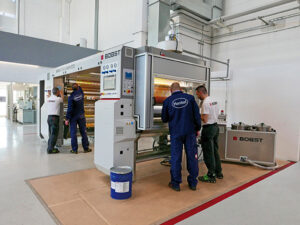
Sustainability is an integral part of the BOBST industry vision to shape the future of the packaging world, and one of BOBST’s four key pillars – along with digitalization, automation and connectivity. The company has defined three streams in its sustainability strategy: operations (e.g. energy, water & waste), equipment (e.g. machine energy consumption, extending machine life), and packaging use & end-of-life (e.g. environmentally improved packaging).
Similarly, Henkel has set out its long-term sustainability ambitions in its 2030+ Sustainability Ambition Framework under the three dimensions of Regenerative Planet, Thriving Communities and Trusted Partner, with an overall aspiration of being ‘Pioneers at heart for the good of generations’.
“We can contribute to solving global challenges through our areas of specialist expertise,” says Mauro Bonfiglio: Business Development Director Packaging, Henkel Adhesive Technologies. “We can enable sustainability through material science and scientific know-how in bonding, sealing and coating. We are excited to work with BOBST to combine our packaging knowledge, material and application expertise to develop sustainable solutions which enable circularity and decrease carbon footprint while not compromising from efficiency and performance.”
The proven power of partnerships
Both BOBST and Henkel are already very familiar with forging industry partnerships to progress sustainability initiatives.
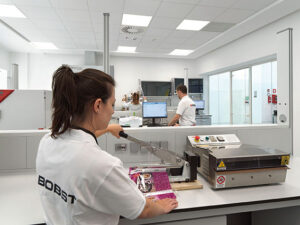
In 2022, Henkel entered a strategic partnership with cyclos-HTP Institute (CHI), a company specialized in the measurement, assessment and certification of recyclability of packaging and goods. The partnership gives customers a more comprehensive and aligned service offering through the combined know-how of the two companies.
With the new Packaging and Packaging Waste Regulation (PPWR) around the corner, the work that cyclos-HTP Institute does has never been more important. The draft PPWR states that all packaging material types need to receive a recyclability assignment in mass-%. The cyclos-HTP Institute standard assessment already fully conforms with the draft version of the PPWR and will become an essential benchmark for recyclability assessment of packaging.

BOBST, meanwhile, has already benefitted from assessment from cyclos-HTP Institute through another of its major industry partnerships. BOBST, together with leading industry partners, developed oneBARRIER, a family of industrially viable recyclable mono-material substrates as alternatives to non-recyclable metallized polyester film. In all applications tested to date, OneBARRIER PrimeCycle, which comprises EVOH and topcoat-free transparent AlOx-based or opaque AluBond-based full PE mono-substrates, has a recyclability level of 98%, certified by cyclos-HTP Institute.
Now, the attention of both companies turns to the future and what they can achieve together. Whether it’s development of new barrier solutions for flexible packaging utilizing paper and other substrates, or joint training on boosting sustainability across adhesives and machinery, the two companies are busy exploring potential ways to channel their shared passion for sustainability.
“Our early conversations have been very productive, and we can already see several areas of collaboration that are rich with potential,” says Nanni Bertorelli. “For now, it is a case of ‘watch this space’. But soon, I hope we can reveal our combined plans for a more sustainable tomorrow.”








